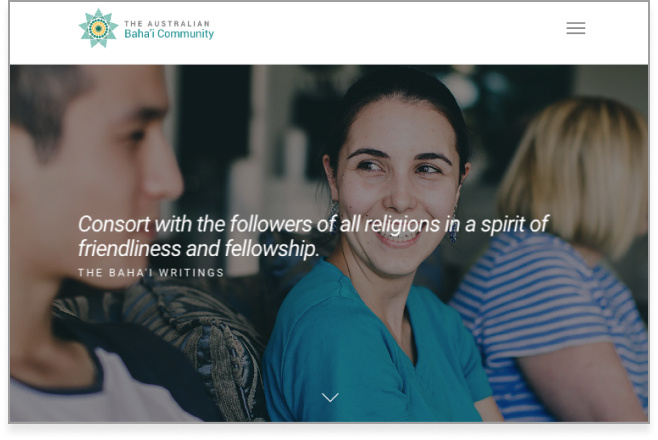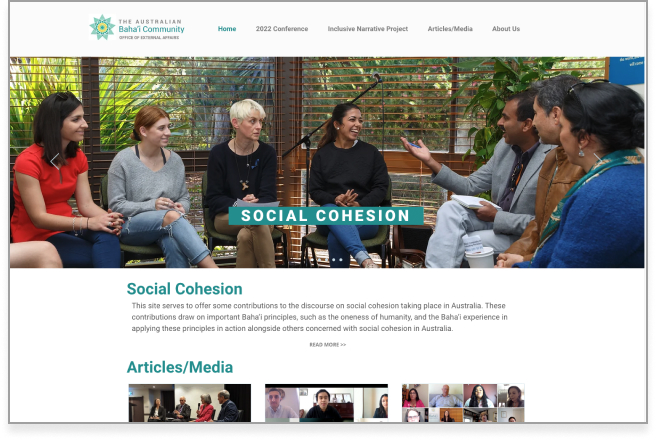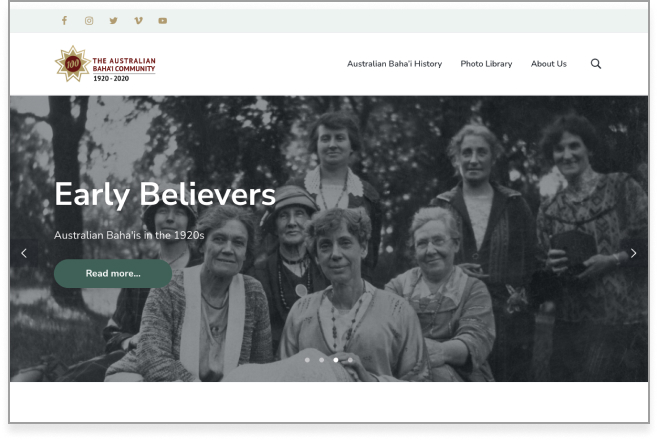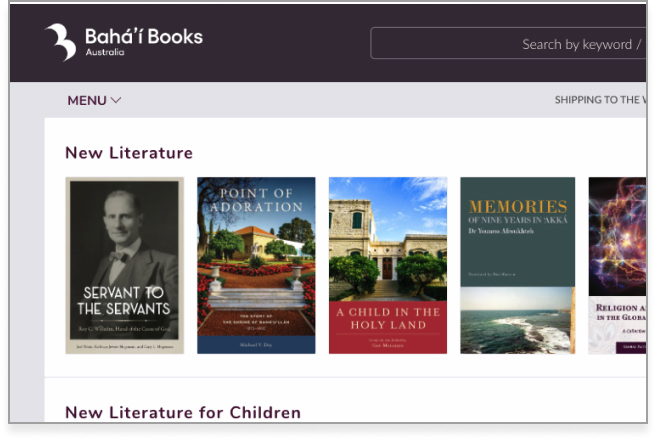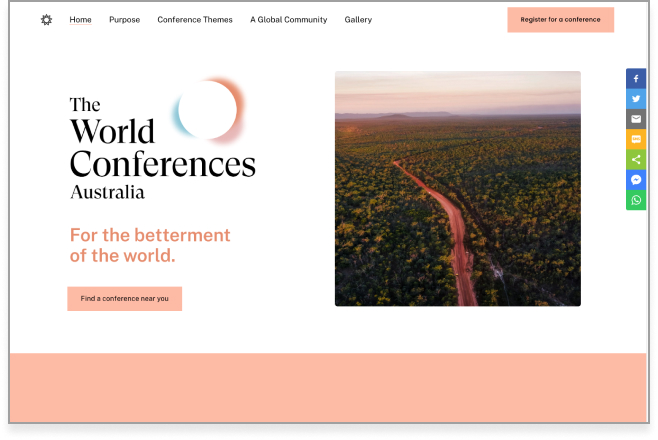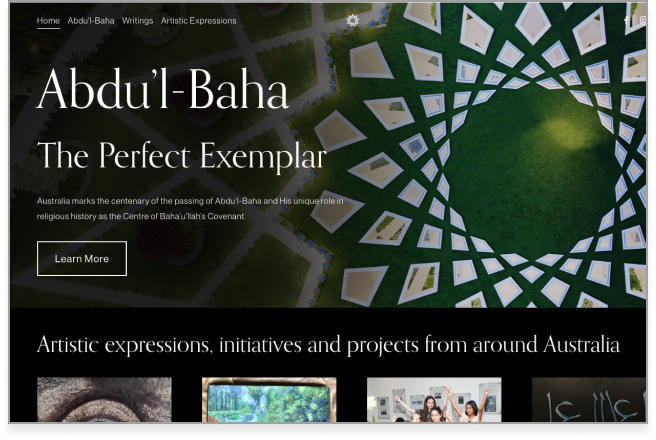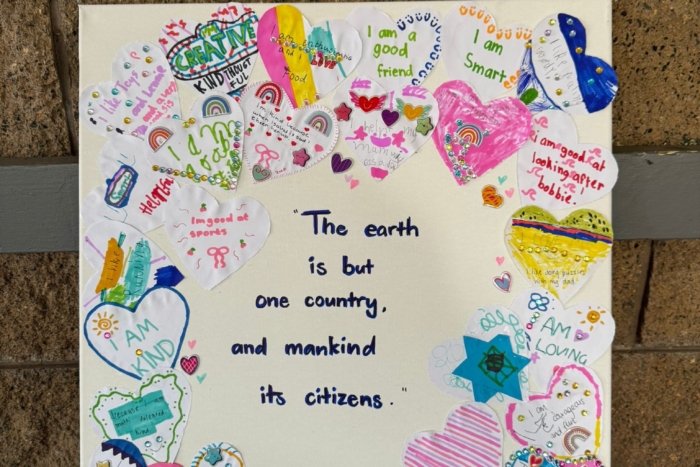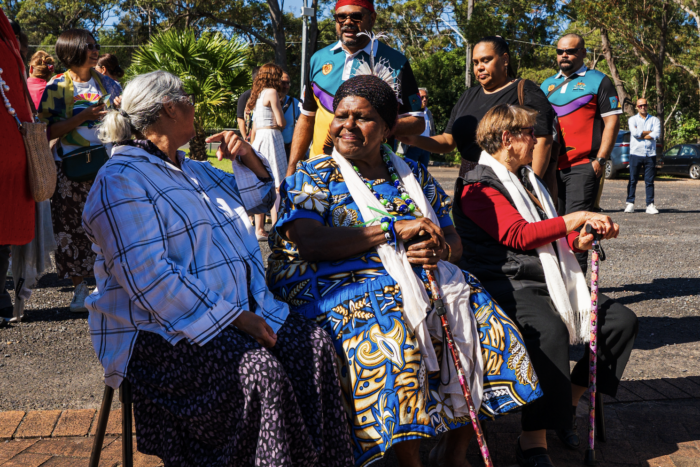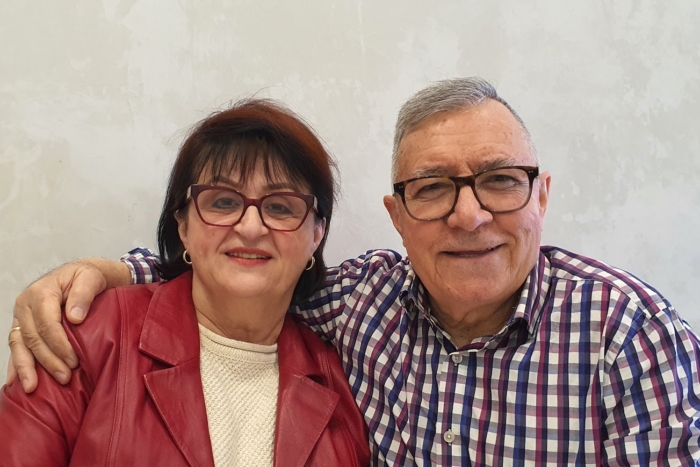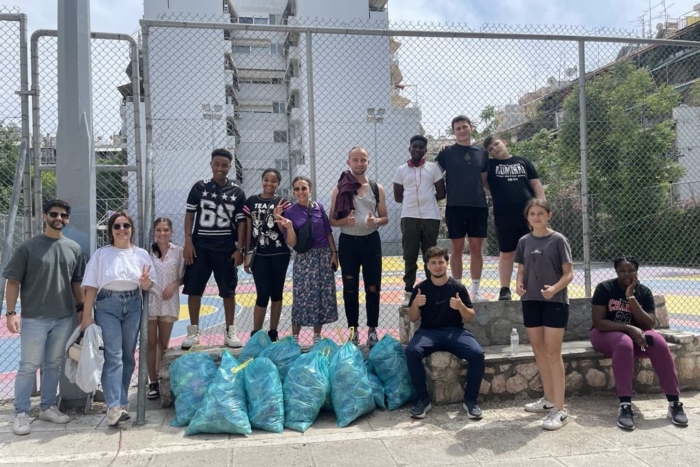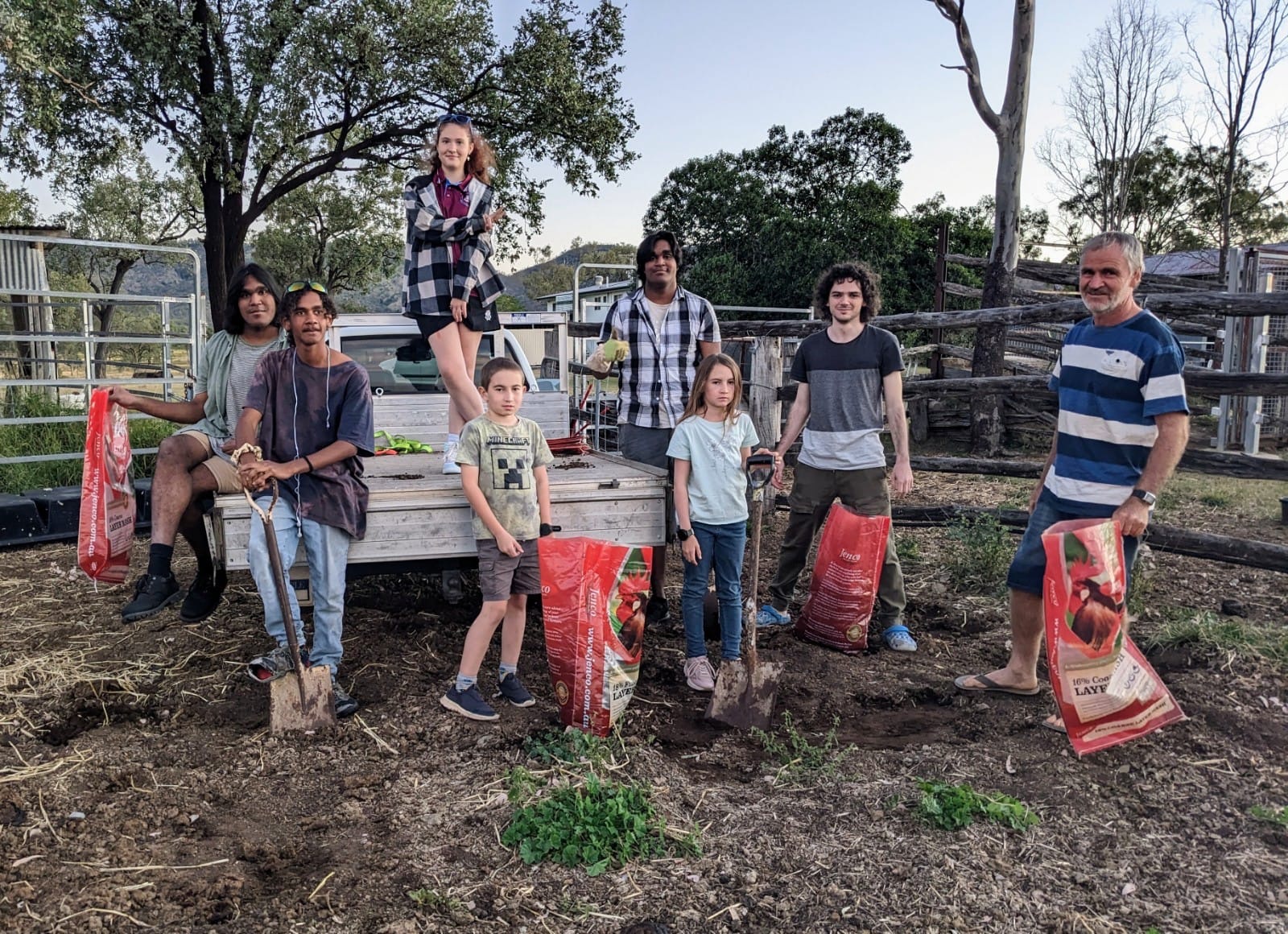‘All must be producers’: Agriculture and building communities
In this interview with Australian Baha’i Horizons, Professor Richard Bell speaks about the fundamental importance of agriculture in building vibrant, self-sustaining communities around the world.
Professor Richard Bell developed an interest in agricultural development research while studying at university. He wasn’t a Baha’i yet, but his yearning to contribute towards betterment coursed through his veins.
Soon after becoming a Baha’i in 1975, he and his wife, Georgie Sounness, pioneered to Fiji where he found work in agricultural teaching. “My teaching work was about trying to awaken another generation to the science of agriculture and how to apply it to improve food security and well-being,” Prof Bell says. “But that time in Fiji followed me through and gave me an abiding interest in tropical agriculture and smallholder agriculture.”
For more than 40 years, Prof Bell has strived to maintain a sense of coherence between his Faith and work, using the framework of the Plan to inspire his career in research and sustainable land management. “Most of us spend a large part of our lives at work, and if you can serve through your work and blend your Baha’i values with the work that you do then you’re using all your waking hours productively,” he says.
Prof Bell was one of the keynote speakers at the recent Albany Baha’i Summer Camp held in Western Australia. The camp focused on the theme Service and Social Action, with presenters covering topics including water saving solutions, the protection of national parks, and Indigenous culture.
Prof Bell shared insights into his agricultural development research, which has seen him travel around the world to countries including Bangladesh, Cambodia, China and Thailand. Among the most recent innovations of his team of research collaborators is the invention of small-scale machinery which has allowed for a new system of sustainable cropping in smallholder farms in Bangladesh.
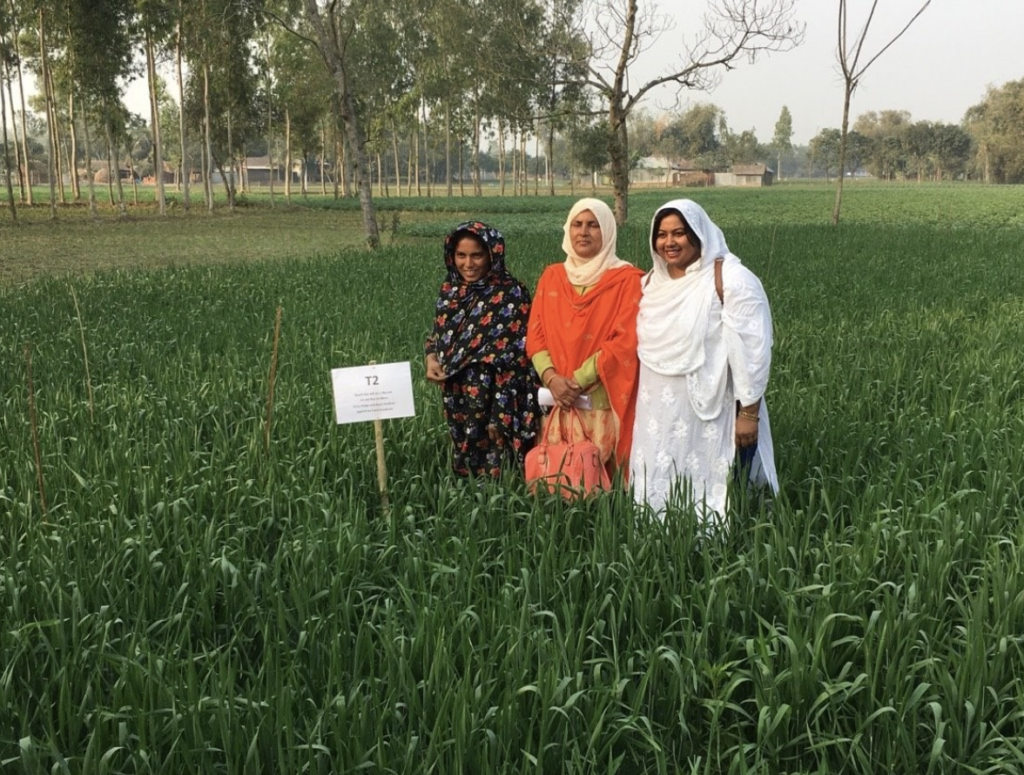
He says such developments can only come about after long-term engagement with those on the ground, drawing parallels from what the Universal House of Justice says about social action and development at the grassroots:
“Thus, while social action may involve the provision of goods and services in some form, its primary concern must be to build capacity within a given population to participate in creating a better world. Social change is not a project that one group of people carries out for the benefit of another. The scope and complexity of social action must be commensurate with the human resources available in a village or neighbourhood to carry it forward. Efforts best begin, then, on a modest scale and grow organically as capacity within the population develops. Capacity rises to new levels, of course, as the protagonists of social change learn to apply with increasing effectiveness elements of Baha’u’llah’s Revelation, together with the contents and methods of science, to their social reality.”
The Universal House of Justice 1
“Social action is about preparation, training and developing skills through the institute and applying that learning and skills in a more systematic way,” Prof Bell says.
“You have to read the reality, spend time with whichever community you’re working with, and listen and try to understand their reality and restraints, not come in with preconceived ideas and solutions.
“How do you make effective change? You have to think about what the legacy will be and usually, that’s around the people. How can your participation and partnership help the local people become capable of reading their reality and building capacity?
“Most significant social change doesn’t happen overnight. It’s a progressive development that can take decades.”
“You have to read the reality, spend time with whichever community you’re working with, and listen and try to understand their reality and restraints, not come in with preconceived ideas and solutions.”
Professor Richard Bell
According to the Census of Population and Housing, farmers represent 2% of all employed people in Australia. With much of the population living in the major cities, Prof Bell says fewer people have a connection with agricultural practices and how farms operate, despite ‘Abdu’l-Baha’s words speaking on the importance of farming:
“The fundamental basis of the community is agriculture, tillage of the soil. All must be producers.”
Abdu’l-Baha 2
Noting the world’s growing population and climate change as a central concern, Prof Bell said it was important that more Baha’is entered the agricultural industry.
“Worldwide, in 2009, it was the first time in history that there were more people in towns and cities than in rural areas,” he says. “In terms of what actually happens in farms and the awareness of challenges and practices, we’re getting more and more distanced.”
“We are going forward into a world where that connection with the farmer becomes weaker and weaker, yet the reliance of people on food producers, that is the farmers, becomes greater. Fewer and fewer people are producing food for more and more people, and we shouldn’t be too flippant about how easy that is.
“We have science as an important tool to apply to food production and food security as well as our spiritual values to progress, sustain and maintain the world at the same time.
“We need more Baha’is in agriculture.”
Thanks for reading.
Subscribe
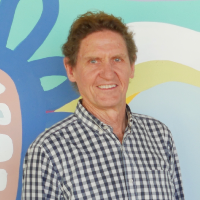
Professor Richard Bell
Richard is a Professor at the Centre for Sustainable Farming Systems, Food Futures Institute at Murdoch University. He specialises in Crop nutrition, soil management, and conservation agriculture. His work was recently awarded the JA Prescott Medal by Soil Science Australia.
Published in February, 2024, in Individual Initiatives > Interviews
Available online at: horizons.bahai.org.au/individual-initiatives/building-capacity-at-grassroots-vital-to-agricultural-development/
Related Stories
‘We said yes’: one Australian couple’s international pioneering experience
For Fariba Heydari and her husband Manuel, the notion of leaving their home country to help strengthen the Baha’i Faith’s community-building endeavours wasn’t seen as an outrageous prospect, but ...
From simple conversations to spiritual education sessions
In this interview with Australian Baha’i Horizons, Samin Todd reflects about the new spiritual education sessions initiated alongside families from her children’s school community, and how they ...
‘I saw this Faith’: The story of Margaret Gabey
In this interview for Australian Baha’i Horizons, Dellaram Vreeland speaks to one of the longest-standing Baha’is on Thursday Island, Margaret Gabey, who shares her journey of Faith, and her ...
Love the place you live: A pioneer’s story
Nasser and Farzaneh Sedghi arrived in Sydney from India in 1984. Arriving as refugees, and with little financial support, they spent three years living in the city before deciding to move ...
‘Feeling of hope and faith’: New book injects light into the darkness
Nobel Prize for Literature winner Gao Xingjian says that “It’s in literature that true life can be found. It’s under the mask of fiction that you can tell the truth.” It’s a sentiment that ...
‘We are there to serve’: Two Australian youth share their overseas pioneering story
In this interview with Australian Baha’i Horizons, Jacob Baron and Sami Milani speak about their work assisting with the community-building process unfolding in eastern Europe and explore what it ...


